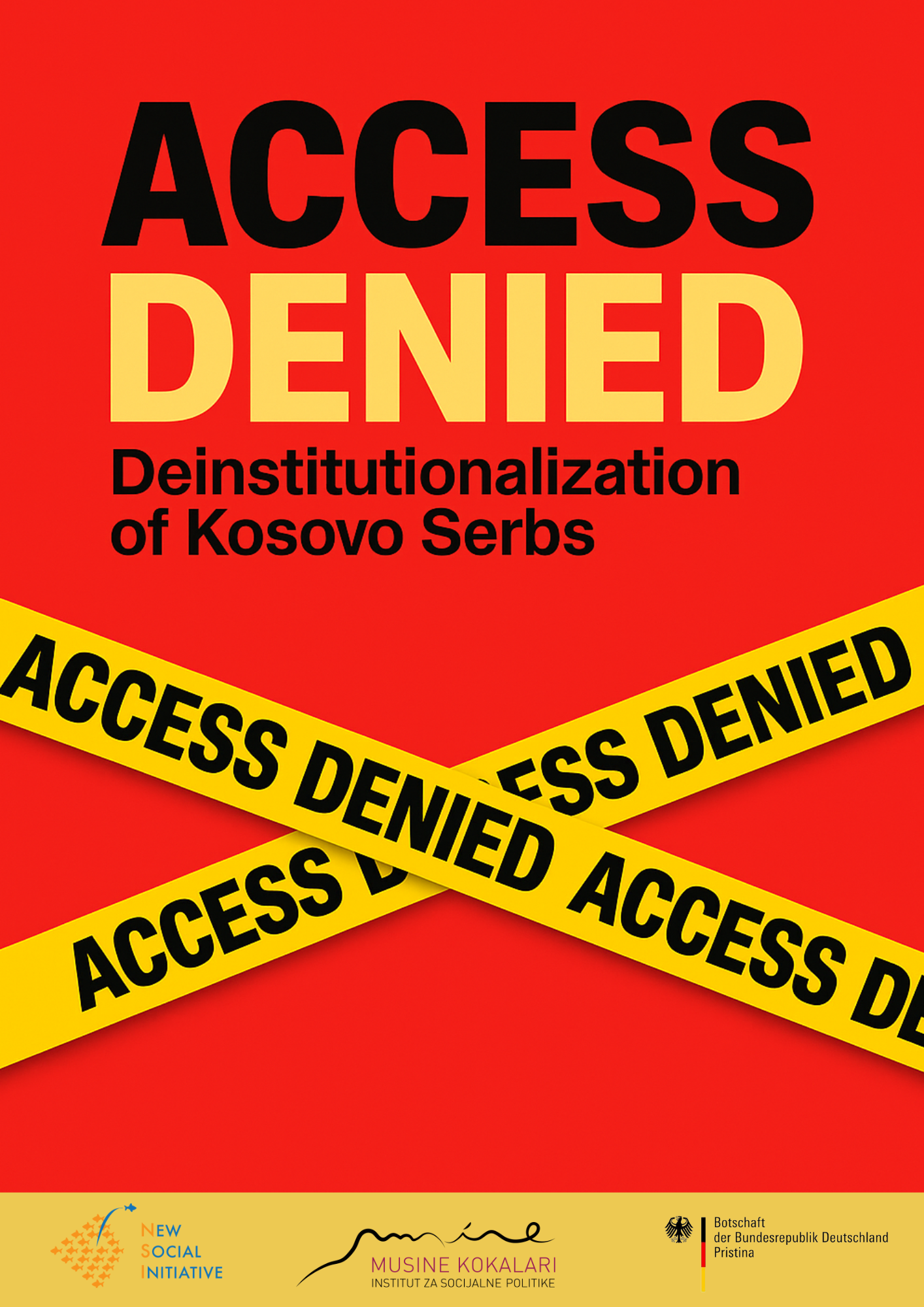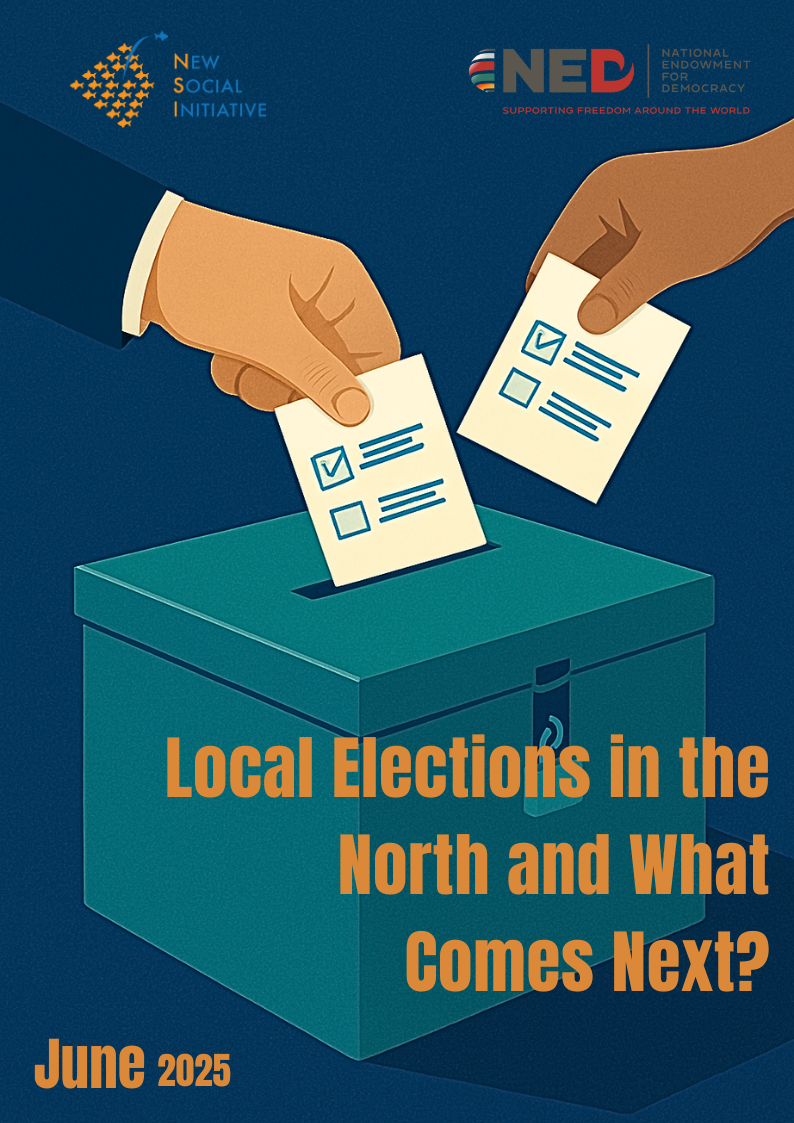Kosovo and Serbia have gone through different periods of conflict that have
deeply affected the relations between the two peoples. Reconciliation and
normalization of relations between Kosovo and Serbia continues to remain a
complex and multidimensional challenge for many decades, which requires
the intervention of various local and international actors. In this context,
the role of religious institutions is often neglected, even though they can
provide an important contribution to reconciliation processes and help in
building bridges that lead to peace and normalization of relations. In a
region such as the Balkans, where ethnic tensions and divisions still exist,
religious institutions can play a key role in easing tensions and promoting
dialogue, cooperation and mutual understanding between different groups.
The research question addressed by this political document is: How can
religious institutions facilitate reconciliation efforts within Kosovo and the
normalization of relations between Kosovo and Serbia?
This policy document deals with the role of religious institutions for
reconciliation within Kosovo and the normalization of relations between
Kosovo and Serbia. Religious institutions in Kosovo and Serbia are deeply
involved in the daily life and cultural identity of the two respective
communities. As such, they have the opportunity, and, in some cases, the
moral obligation to contribute to efforts to help repair deteriorating
relationships. This role can be manifested in various ways such as providing
spaces for interfaith dialogue, promoting messages of peace and tolerance,
and engaging communities in activities that help build trust and
cooperation.





